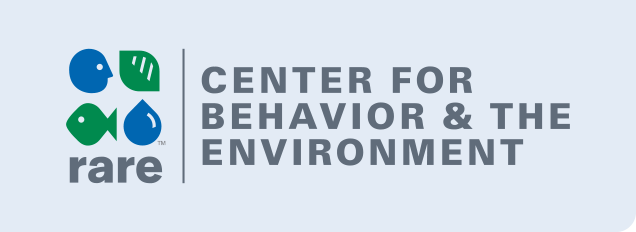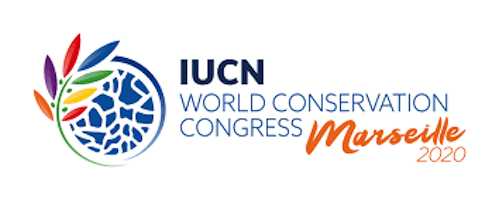
Arlington, VA: On November 4, 2020 conservation leaders from around the world voted to embed behavior-centered approaches in conservation solutions. Participating electronically, members of the International Union for Conservation of Nature’s World Conservation Congress (IUCN WCC) adopted a Rare-sponsored resolution calling on members to “address conservation as a behavioral challenge” and incorporate behavior-centered design (BCD) into their programs.
Rare, an international conservation organization specializing in behavior change, sponsored the first-of-its-kind motion, which was cosponsored by 27 organizations from around the world.
“The global conservation community is taking an important step toward addressing the root cause of most conservation challenges – human behavior,” said Kevin Green, head of Rare’s Center for Behavior & the Environment. “If human behavior is behind our toughest conservation challenges, it must also be at the center of our solutions.”
BCD is an approach that blends insights from behavioral science and approaches from design thinking to build breakthrough solutions to environmental challenges that acknowledge people’s motivations, biases and barriers to adoption (watch the BCD explainer video here).
Specifically, the resolution calls on members to use three behavioral tools in particular – emotional appeals, social influences and choice architecture – to enhance advocacy and engagement campaigns. The resolution also urges governments to embed behavioral change within outreach and education programs, and requests BCD be incorporated into members’ programs.
Text of the full resolution, as well as a full list of cosponsors are available here.
“The traditional environmental or conservation toolkit has consisted of laws and regulations, financial incentives, and awareness campaigns,” said Green. These are undoubtedly important and often effective tools. But including behavioral approaches will only expand the toolbox and make our conservation campaigns more effective and long-lasting. Share on X
For over 40 years, Rare has applied insights from behavioral science to its programs. In 2017, Rare established the Center for Behavior & the Environment (BE.Center) to bridge cutting edge behavioral research with practitioners on the frontlines of conservation challenges. The BE.Center has trained over 1,200 practitioners in BCD.

